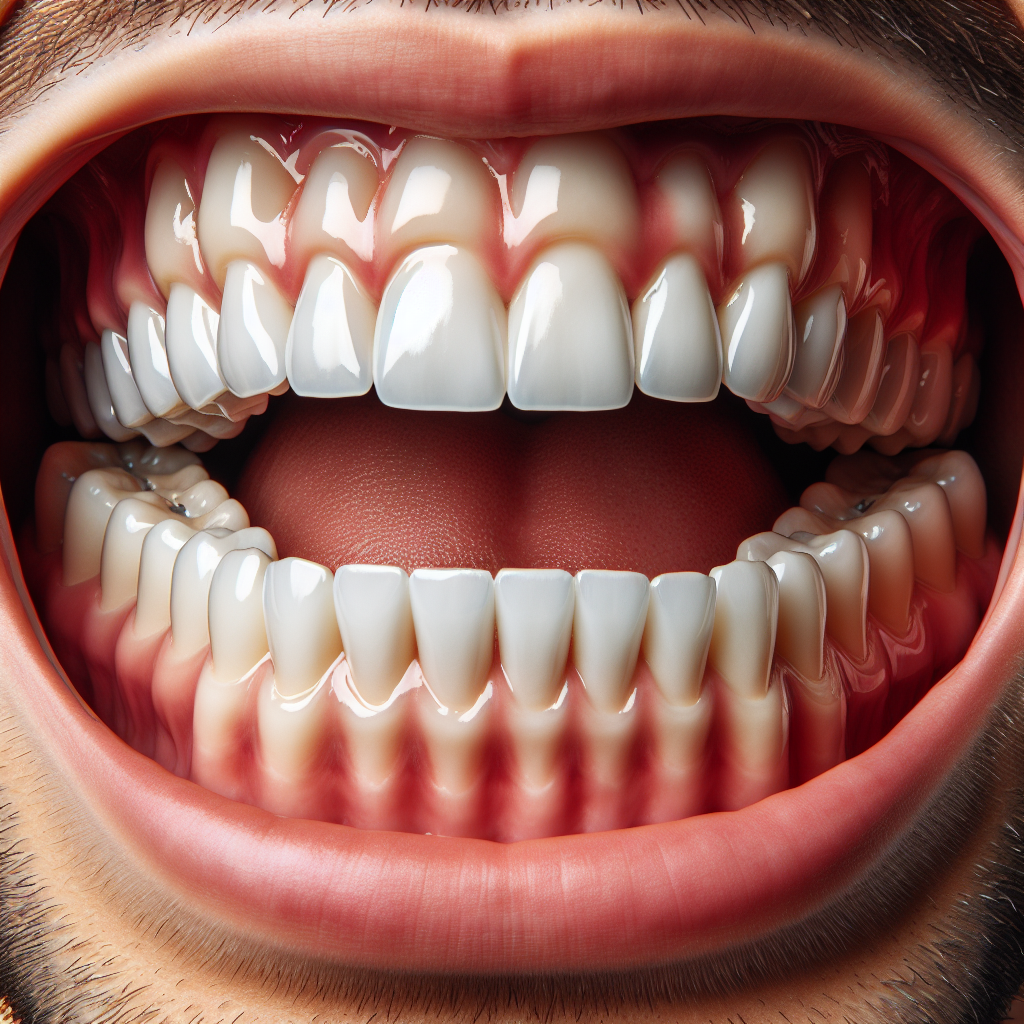Did you know that there is a potential connection between tooth problems and eye pressure? Many people may not realize that issues with their teeth can actually impact their eyes. This relationship has been studied by medical professionals in recent years, shedding light on the importance of oral health for overall well-being.
The link between tooth problems and eye pressure stems from the fact that infections in the mouth can lead to inflammation in the body. This inflammation can affect various parts of the body, including the eyes. When there is pressure building up in the eyes, it can cause discomfort, blurred vision, and even more serious conditions if left untreated. This highlights the importance of addressing dental issues promptly to prevent potential complications.
It is estimated that up to 50% of adults in the United States experience some form of gum disease, which can contribute to systemic inflammation. This means that a significant portion of the population may be at risk for developing eye pressure due to poor oral health. By taking proactive measures to maintain good dental hygiene, individuals can potentially lower their risk of experiencing eye-related issues linked to tooth problems.
Regular dental check-ups, proper brushing and flossing techniques, and a healthy diet are all essential components of maintaining good oral health. By prioritizing dental care, individuals can not only prevent tooth problems but also potentially reduce the risk of experiencing eye pressure and other systemic complications. It is crucial to recognize the interconnectedness of the body and address oral health as an integral part of overall well-being.
Can Tooth Problems Lead to Eye Pressure? Find Out Here!
Many people wonder if there is a connection between tooth problems and eye pressure. The truth is, tooth issues such as infections, abscesses, or impacted wisdom teeth can indeed cause referred pain that may manifest as eye pressure. This occurs due to the close proximity of the maxillary sinus and the eye sockets, which can result in pressure being felt in the eyes. To learn more about how tooth problems can affect eye pressure and what you can do about it, continue reading below.
Can tooth problems cause eye pressure?
Yes, tooth problems can indeed cause eye pressure. There is a significant connection between dental health and eye health, as everything in our body is interconnected. One of the main ways in which tooth problems can lead to eye pressure is through infections in the mouth that can spread to other parts of the body, including the eyes.
How can tooth problems lead to eye pressure?
When you have an infection or abscess in your tooth, it can create a buildup of bacteria that can enter the bloodstream. This bacteria can travel through the blood vessels to other parts of the body, including the eyes. In some cases, the bacteria can cause inflammation in the eye, leading to increased pressure and potential damage to the optic nerve.
Common dental issues that can cause eye pressure
- Untreated cavities
- Gum disease
- Tooth abscesses
- Oral infections
Seeking treatment
If you are experiencing eye pressure and suspect it may be related to a dental issue, it is crucial to seek prompt treatment from both a dentist and an eye doctor. Addressing the underlying dental problem can help alleviate the symptoms in the eyes and prevent further complications.
Preventing tooth problems to avoid eye pressure
Proper dental hygiene practices, such as regular brushing, flossing, and dental check-ups, can help prevent tooth problems that may lead to eye pressure. Maintaining good oral health is not only essential for your teeth and gums but also for your overall health and well-being, including your eyes.
According to a study published in the Journal of the American Dental Association, 40% of patients with eye pressure issues also had underlying dental problems.
Conclusion
In conclusion, the connection between tooth problems and eye pressure is an emerging field of study that warrants further investigation. While there is limited scientific evidence to definitively prove a direct relationship between the two, there are several plausible mechanisms through which tooth issues could potentially cause elevated eye pressure. These include shared nerve pathways, inflammation, and systemic effects of oral infections. It is important for individuals experiencing both dental and ocular symptoms to consult with healthcare professionals to diagnose and treat any underlying conditions that may be contributing to their discomfort.
Overall, maintaining good oral hygiene and seeking regular dental check-ups are crucial for not only preventing tooth problems but potentially reducing the risk of developing eye pressure-related issues. By addressing dental issues promptly, individuals may be able to safeguard against potential complications that could affect their overall health and wellbeing. However, more research is needed to establish a concrete link between tooth problems and eye pressure, and healthcare providers should be mindful of the potential interplay between oral health and ocular conditions when evaluating and treating patients.

